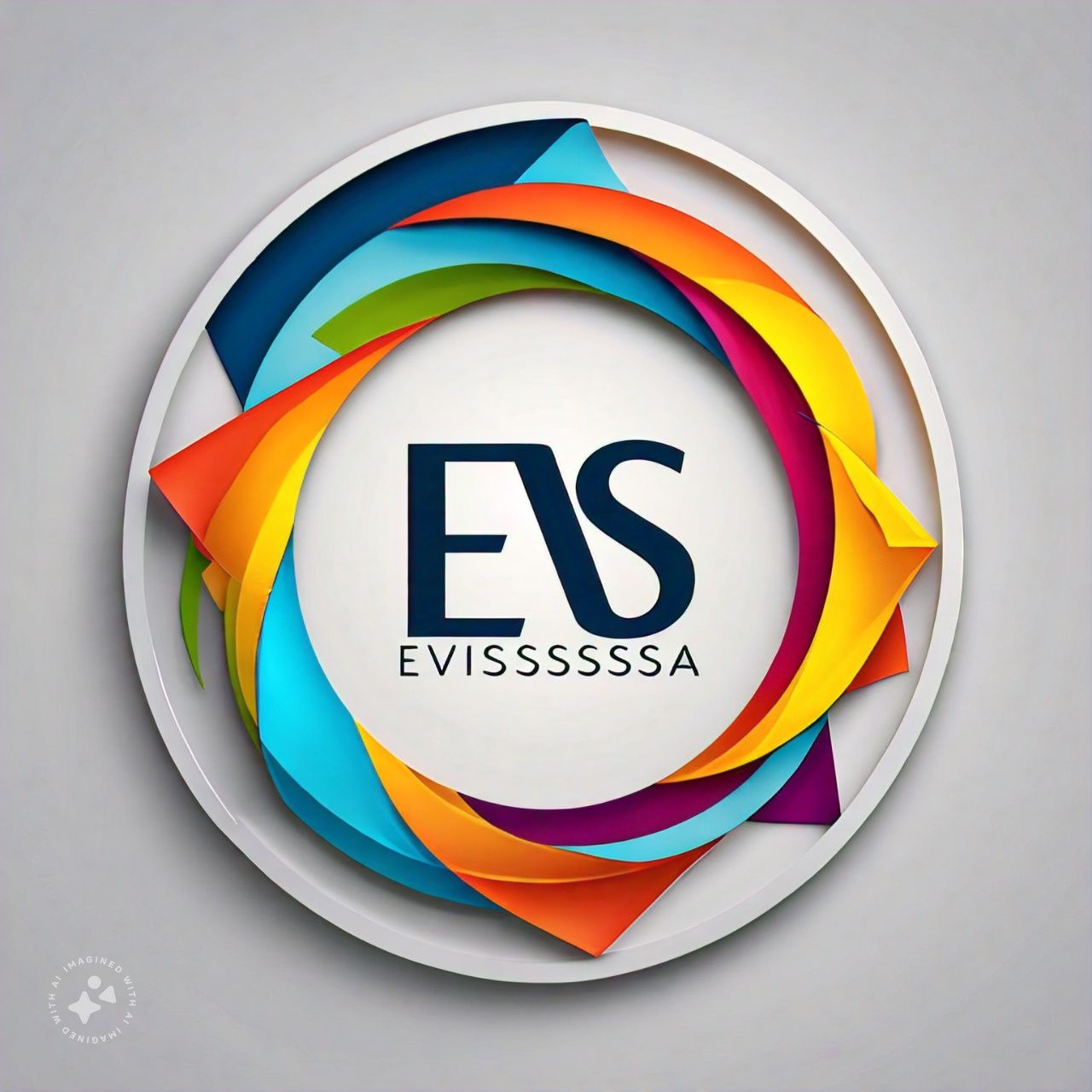In recent years, Europe has been a popular destination for tourists, business travelers, and students from around the world. However, as global travel continues to evolve, so do the policies governing entry into European countries. One of the most significant changes on the horizon for travelers is the introduction of the European Travel Information and Authorization System (ETIAS), set to take effect in early 2026. This change will bring about new visa requirements that will impact millions of travelers visiting the European Union (EU) and the European Economic Area (EEA).
What is ETIAS?
The European Travel Information and Authorization System (ETIAS) is a new electronic travel authorization system that will apply to travelers from visa-exempt countries who wish to visit the Schengen Area, a group of 27 European countries that have abolished border controls for internal travel. While travelers from countries such as the U.S., Canada, Australia, and Japan are currently able to visit the Schengen Area without a visa for short stays (up to 90 days within a 180-day period), the introduction of ETIAS will require these individuals to apply for authorization before their trip.
The ETIAS system is designed to improve border security and enhance the safety of European citizens by screening travelers before they arrive. This move is in response to growing security concerns and aims to streamline the process of identifying potential security threats before travelers enter Europe. The system will collect data such as passport details, travel history, and any criminal background information to determine if a traveler poses any risk.
How Will ETIAS Work?
ETIAS is an online application process that is quick, easy, and affordable. Travelers will be required to complete an online form and provide basic information about themselves, their trip, and their travel documents. The application process is expected to take only a few minutes, and in most cases, travelers will receive their authorization within minutes of applying. However, travelers are advised to apply at least 72 hours before their planned travel date, just in case there are any issues with their application.
The authorization will be valid for up to three years or until the traveler’s passport expires, whichever comes first. The system will be in place for all travelers from visa-exempt countries, regardless of whether they are traveling for tourism, business, or other purposes.
Costs and Requirements
The cost of applying for ETIAS will be relatively low, with a fee of approximately €7 for each application. This fee will be paid online at the time of application. While the process is relatively simple, travelers should ensure that their passports are valid for at least three months beyond their planned departure date from the Schengen Area. This requirement ensures that travelers meet the standard entry conditions for EU member countries.
In addition to the ETIAS, travelers must also meet the general entry requirements for the Schengen Area, including demonstrating sufficient funds for their stay, having travel insurance, and providing a return ticket or onward travel plan.

Impact on Travelers
The introduction of ETIAS will have a few notable impacts on travelers to Europe. For the most part, the system will not significantly change the way travelers enter Europe. Instead, it will provide an extra layer of security for European countries while making travel to Europe more efficient.
For travelers from the U.S. and other visa-exempt countries, the process of obtaining authorization will be straightforward. However, there may be some confusion among travelers who are not aware of the new requirement. The EU is expected to ramp up awareness campaigns to ensure that travelers are informed about the changes in advance.
While the new policy is largely designed to enhance security, it also has some potential benefits for travelers. By pre-screening visitors before they arrive, the system can expedite border procedures upon arrival, reducing the amount of time spent waiting in line at customs. Additionally, the application process is expected to be hassle-free, with most travelers receiving their authorization quickly and without complications.
Transitional Period for Travelers
To ease the transition, the EU has announced that there will be a six-month transitional period for travelers. During this time, travelers will not be required to have an ETIAS authorization before entering the Schengen Area. However, it is strongly recommended that travelers apply for ETIAS before their trip to avoid any issues later. The transitional period will give travelers ample time to adjust to the new system and ensure that they are aware of the requirements.
Why is ETIAS Being Introduced?
ETIAS is being introduced for several reasons, but its main goal is to improve security. In recent years, the EU has faced challenges related to terrorism, illegal immigration, and other security threats. The ETIAS system will help authorities screen travelers before they enter the Schengen Area, allowing them to identify potential risks early on. This pre-screening process is expected to make travel to Europe safer and more secure for everyone.
Additionally, ETIAS will help the EU monitor and regulate tourism and travel more efficiently. With the growing number of international travelers to Europe, the new system will help authorities better manage the flow of visitors, ensuring that those who enter the Schengen Area meet all the necessary requirements.
Conclusion
The upcoming changes to European visa policies, particularly the introduction of ETIAS, represent a significant shift in how travelers from visa-exempt countries will be able to visit Europe. While these changes may initially cause some confusion, the benefits of enhanced security and streamlined entry procedures are clear. Travelers should familiarize themselves with the new requirements and be prepared to apply for ETIAS before their trip to Europe, ensuring a smooth and stress-free travel experience.

